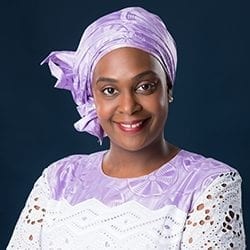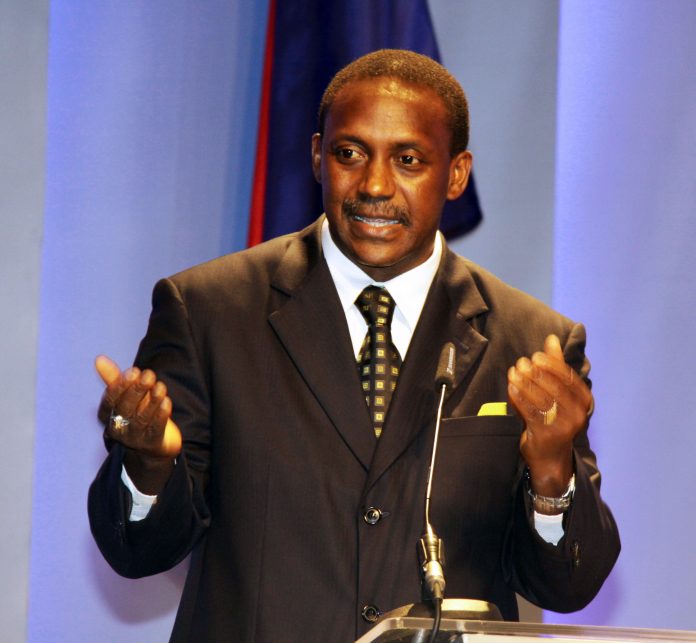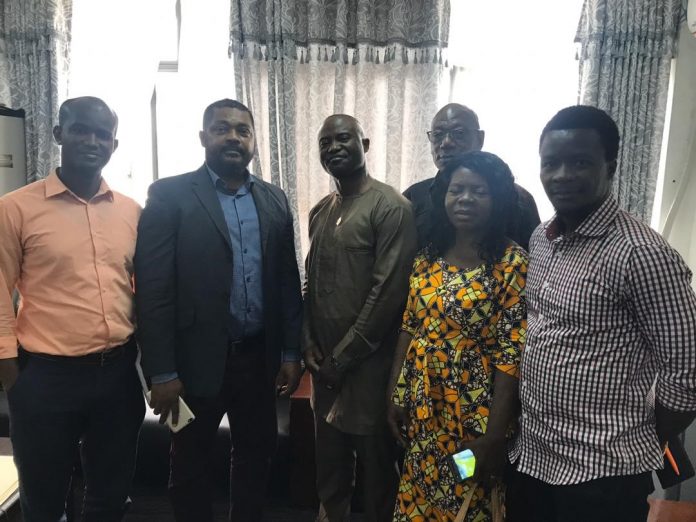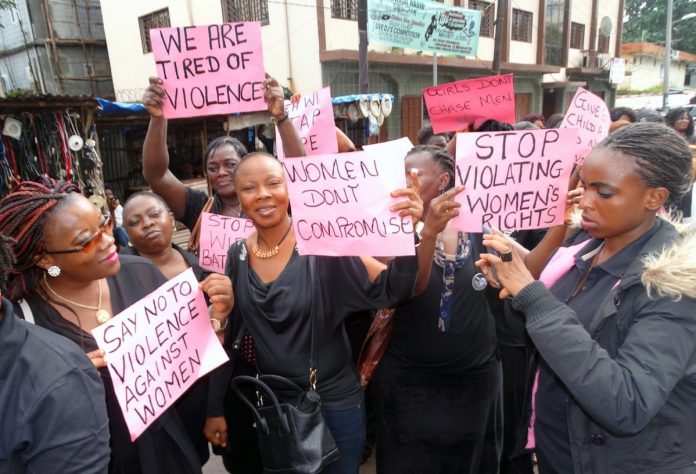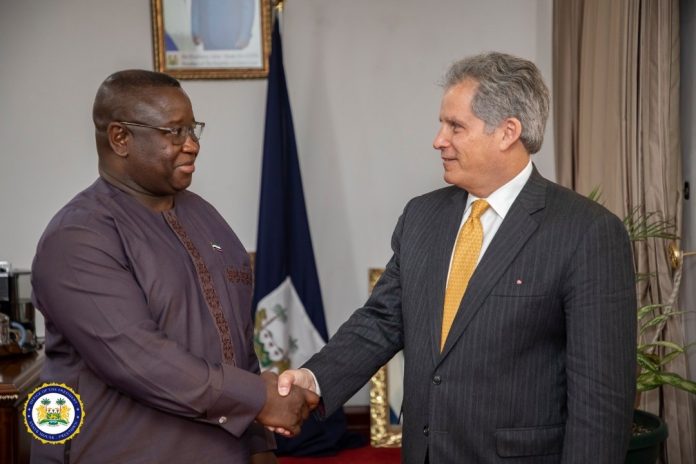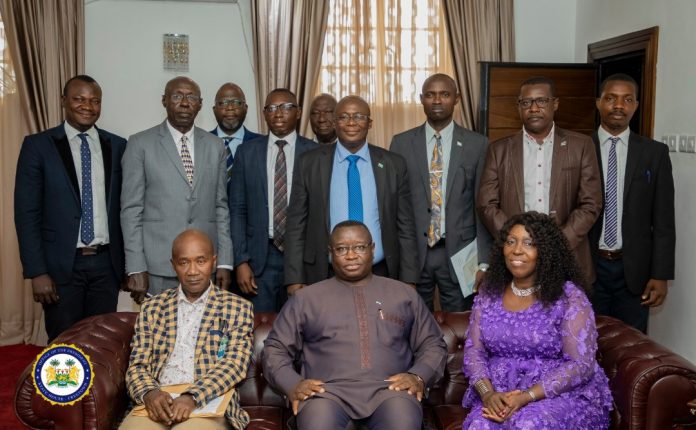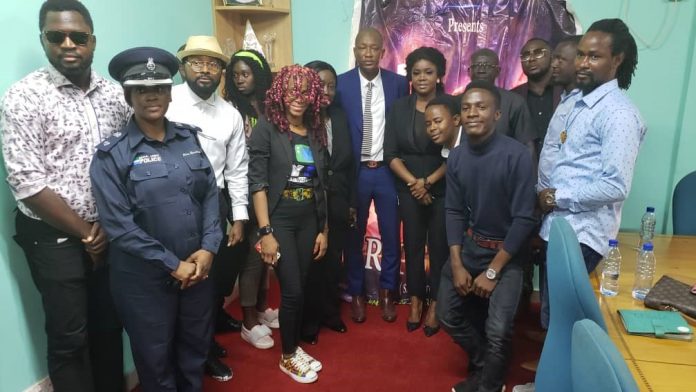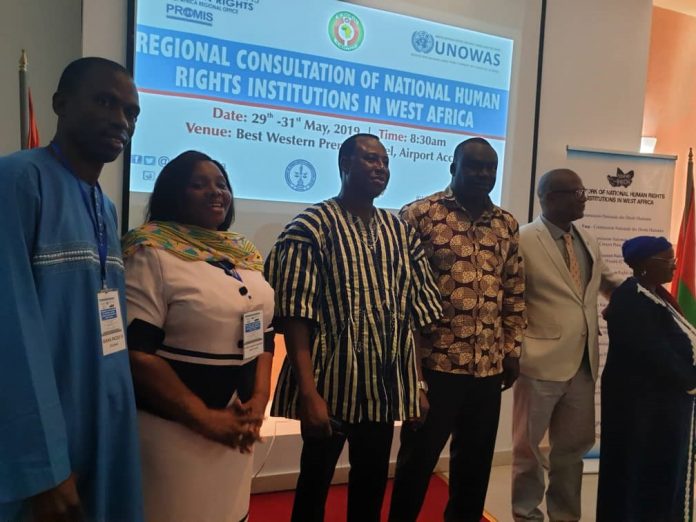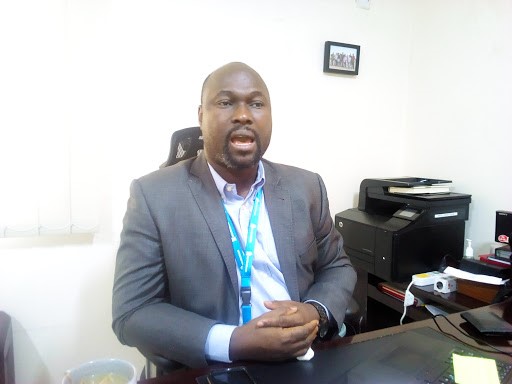By Amin Kef Sesay
The National Petroleum Sierra Leone Limited (NP-SL Ltd) is more resolute to step up its operations in this New Year in order to continue to give the best in terms of making available qualitative petroleum products for optimal performance of engines powered by diesel or petrol. Besides, the lubricants it markets have been classed as being among the best and could even be accessed in shops across the country.
The company’s shareholders and Management are working assiduously round the clock to ensure that all the necessary arrangements are sealed on time in order to facilitate business transactions for timely shipment, off loading and distribution of petroleum products to avoid any form of hiccup in the supply chain that could lead to dire consequences.
One area that the company will continue to put more emphasis on is maximizing customer care for which it has proudly bagged the accolade 1st For Customer Care. Just like how the hen cares for its offspring the motherly NP-SL Ltd do cares about its numerous customers and even those who have not out of the passion that collectively much could be achieved. The Shareholders, Board members and Management strongly believe that the concerns and recommendations from its customers and the public are so important that they must be taken into consideration for the mapping out of solid policies that will enhance the service delivering strides it undertakes. This wisdom on the part of the key players of the company continues to pay positive dividends and gives rise to a win-win situation.
The company has etched a name for itself as being the leading petroleum marketing company operating in the country that installed latest calibrated pumping machines at all its Filling Stations in the country. These are transparent machines that do display the quantity of fuel requested for as well as the price. Satisfied with the quantity that is pumped as requested for which determines the amount of money to pay has definitely instilled trust in the company.
Still within the domain of 1st for Customer Care, the company is always in a position to enter into payment plans with its reliable and dependable customers including Ministries, Departments and Agencies for supplied fuel and lubricants as long as all the necessary modalities have been put in place.
When cognizance is taken of the fact that some of these institutions receive intermittent budgetary allocations then such an arrangement is very significant. Its significance in real terms borders on functional continuity of those institutions as they will be assured of supplies of petroleum products in as much as they keep honoring their obligations.
In implementing the Local Content Policy the company from the onset made it a policy to employ Sierra Leoneans as long as they have the requisite skills and expertise and such has helped to alleviate poverty by putting monies into pockets which could be utilized to take care of responsibilities.
For those who have not tried NP Gas for the first time it is now time to give it a try. Designed in sizable varying cylinders and sold at various NP Filling Stations, this cooking device has been rated as one of the best that is on offer for sale. NP Gas is safe, user friendly and portable. Trying it will spur you to recommend it to others.
NP Smart Card is now in vogue and is one of the latest technological devices used to purchase petroleum products. Using it has attendant advantages as evident in procuring fuel at any time of the day even during times when monies could not be accessed from banks. It is secured, easy to use and very quick. It is now trending.
To crystallize proposed projects into tangible realities on the ground, Government needs the required financial resources to effectively do so and one sure way is from collection of taxes which is the mandate of the National Revenue Authority (NRA). The company is one of the big time tax payers in the country and it is very compliant in that direction.
The company is a source of pride for many Sierra Leoneans simply because it has successfully established functional and vibrant branches in Guinea, Liberia Ivory Coast and The Gambia. In all these countries the National Petroleum Limited is conspicuous and doing vibrantly well.


